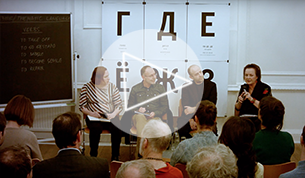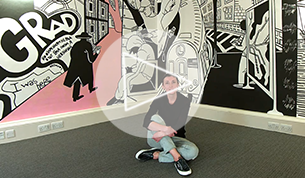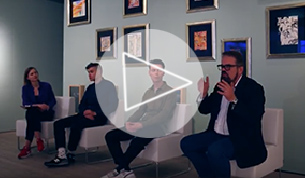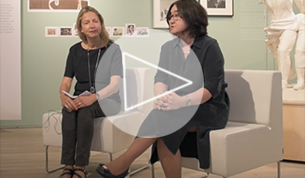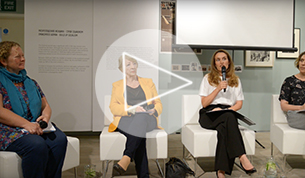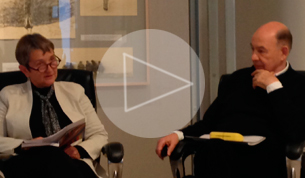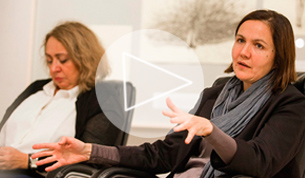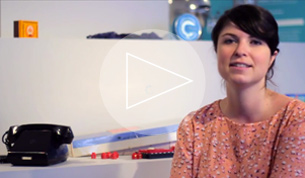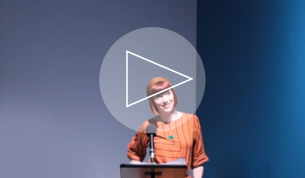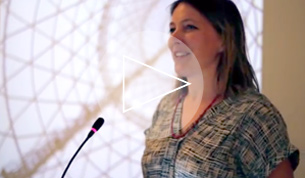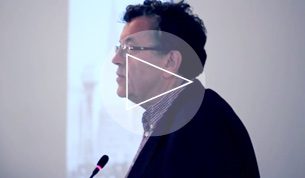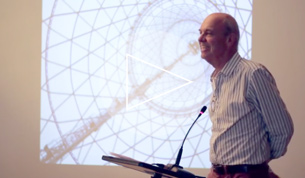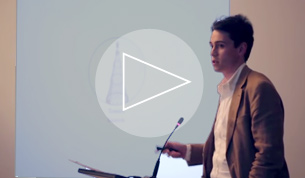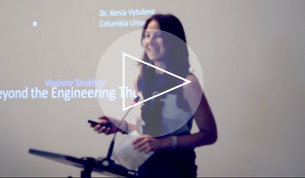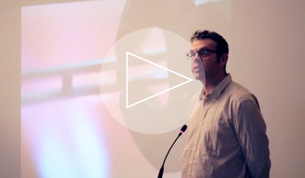Watch
Mother Tongue
Apparition of the Last Soviet Artist in London
ShadowMemory x Art Night Open
Postponed Futures
Superwoman: ‘Work, Build and Don’t Whine'
Unexpected Eisenstein
-
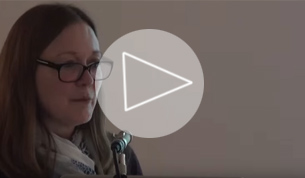 Rachel Morley:
Rachel Morley:
Russian Cinema before 1917 -
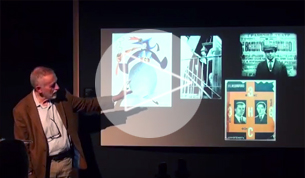 Ian Christie:
Ian Christie:
Besides Eisenstein: Protazanov, Barnet and the new Soviet cinema of the 1920s -
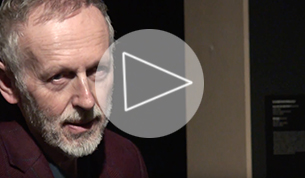 Ian Christie:
Ian Christie:
Maxim and co: creating the new heroes and heroines of the 1930s -
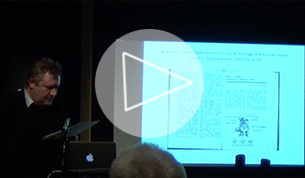 Phil Cavendish:
Phil Cavendish:
Soviet Colour Film, 1929-1945: An Experiment Understood by Very Few -
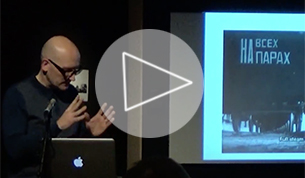 Jeremy Hicks:
Jeremy Hicks:
Meaningful Martyrdom — Death, Revolution and Victory from Lenin to the Reichstag, 1924–45 -
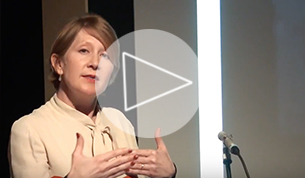 Emma Widdis:
Emma Widdis:
Film and the Making of the New Soviet Person: Bodies, Minds and Feelings -
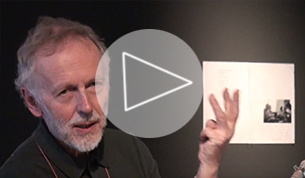 Ian Christie:
Ian Christie:
Hopes and fears: the Soviet New Wave of the 1960s -
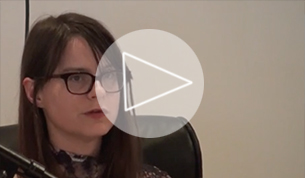 Carmen Gray:
Carmen Gray:
Andrei Tarkovsky: The Citizen Poet and the State -
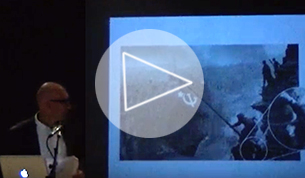 Jeremy Hicks:
Jeremy Hicks:
Reusing War Footage in Russian and Soviet Films, 1945–2015
Peripheral Visions
A Game in Hell. The Great War in Russia
-
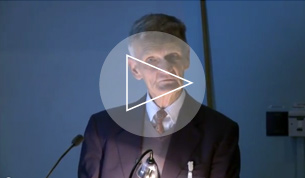 John E. Bowlt:
John E. Bowlt:
Introductory remarks -
 Elena Sudakova:
Elena Sudakova:
'Forgotten Heroes of the Great War' -
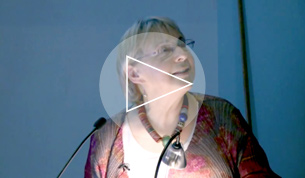 Christina Lodder:
Christina Lodder:
'A Painting Fit for Heroes: Kazimir Malevich's Reservist of the First Division' -
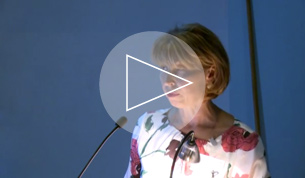 Natalia Budanova:
Natalia Budanova:
'Who Needs the Art Now?': Russian Women Artists Representing the Great War' -
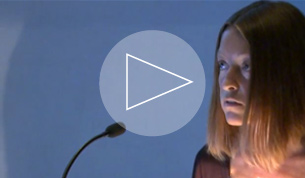 Valentina Parisi:
Valentina Parisi:
'Russian Avant-Garde Circles and the Literary Response to the Great War'
Work and Play Behind the Iron Curtain
The Shabolovka Tower Model
Kino/Film: Soviet Posters of the Silent Screen
-
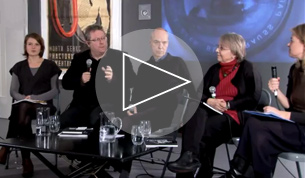 Curators and Special Guests:
Curators and Special Guests:
Panel Discussion with Exhibition -
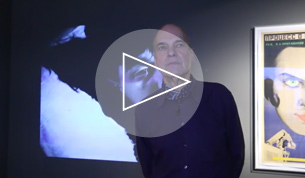 Lutz Becker:
Lutz Becker:
Curator talks: Chess Fever and The Three Million Case -
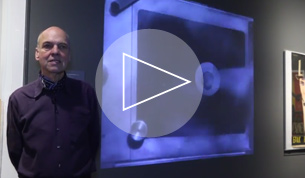 Lutz Becker:
Lutz Becker:
Curator talks: Man with a Movie Camera -
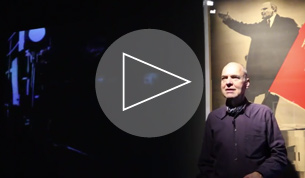 Lutz Becker:
Lutz Becker:
Curator talks: October -
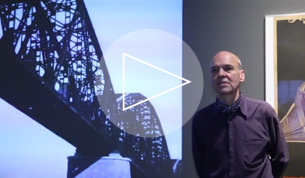 Lutz Becker:
Lutz Becker:
Curator talks: Storm Over Asia and Turksib -
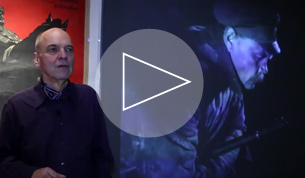 Lutz Becker:
Lutz Becker:
Curator talks: The End of St Petersburg -
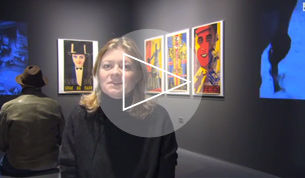 Elena Sudakova:
Elena Sudakova:
Soviet Posters of the Silent Screen
Utopia LTD
-
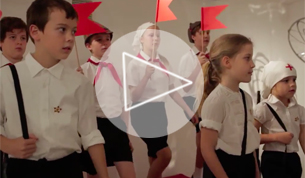 'Inside the Rainbow' Performance:
'Inside the Rainbow' Performance:
Directed by Irina Brown -
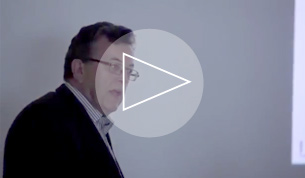 Professor John Milner:
Professor John Milner:
Seminar: 'Re-Constructivism' -
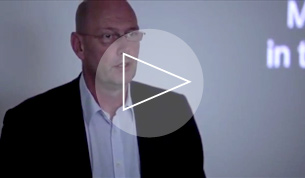 Willem Jan Renders:
Willem Jan Renders:
Seminar: 'After Lissitzky: Reconstructions at the Van Abbemuseum' -
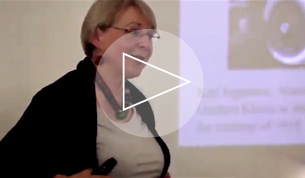 Christina Lodder:
Christina Lodder:
Seminar: 'Gustav Klucis: Transmitting Utopia' -
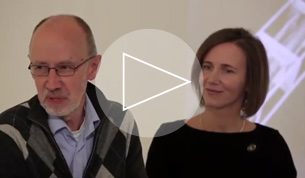 Aleksandr Shklyaruk:
Aleksandr Shklyaruk:
Seminar: 'Klucis and the Materialisation of a Futurist Idea' -
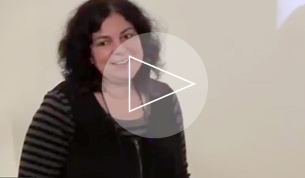 Dr. Maria Tsantsanoglou:
Dr. Maria Tsantsanoglou:
Seminar: 'Tatlin's Legend'
Listen
Superwoman: ‘Work, Build and Don’t Whine'
Unexpected Eisenstein
Bolt
A Game in Hell. The Great War in Russia
Read
Nikolai Prusakov
(1900–1952)
Nikolai Prusakov was a prominent poster and stage designer who was born in Moscow. He studied at the Stroganov School of Arts from 1911 to 1918, and later at SVOMAS and VKhUTEMAS, where he stayed until 1924. Early in his career he created political posters and contributed to the ROSTA Windows project.
Prusakov was one of the founding members of OBMOKhU and contributed to all their exhibitions from 1919 to 1924. In 1922 he participated in the Erste Russische Kunstausstellung in Berlin, a ground-breaking exhibition that contained works by the leading Russian avant-garde artists. Starting from early 1920s he worked in film poster design under Sovkino and other state companies, often in collaboration with his VKhUTEMAS friends Borisov and Naumov. His playful compositions were often busy with detail and involved sophisticated compositions combining film stills, flat and three-dimensional images, linear patterns and deformed volumes. Prusakov’s favourite subjects were cars, motorcycles, bicycles and locomotives that signaled progress and announced the arrival of the new era. His striking experimental posters were later accused of formalism by his social realist colleagues leaning towards more straightforward and easily readable visual language. In 1926 Prusakov organised the Second Film Poster Exhibition at the Kamerny Theatre, as well as creating an advertisement for it featuring an abstract, almost Suprematist, design.
In the 1930s and 1940s he continued to design exhibitions and decorate Soviet pavilions at international exhibitions in Helsinki, Budapest, Zagreb, Prague and Paris. In his capacity as a stage designer Prusakov worked with a variety of arts organizations, including the Bolshoi, the Moscow Art Theatre and the Mossovet. From 1944 he was a professor at the Moscow Institute for the Decorative and Applied Arts.



